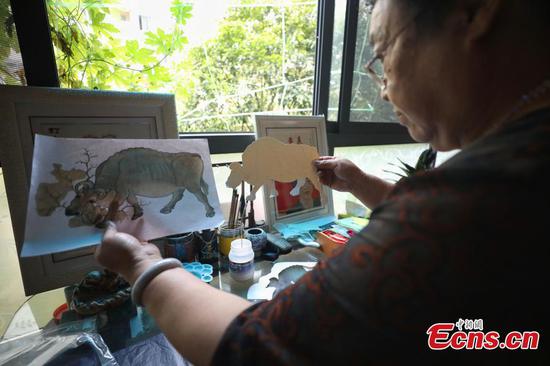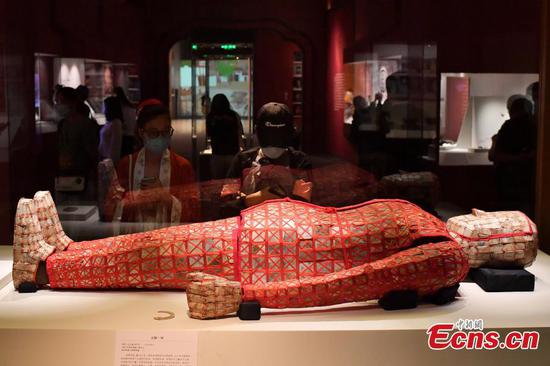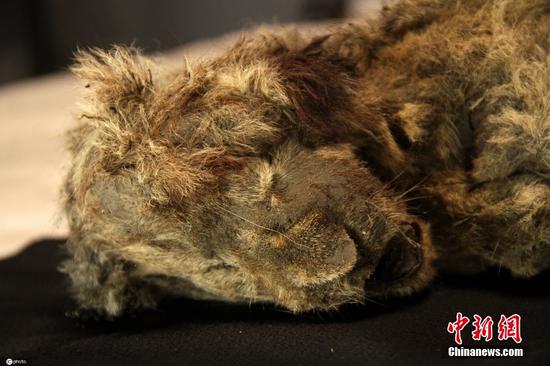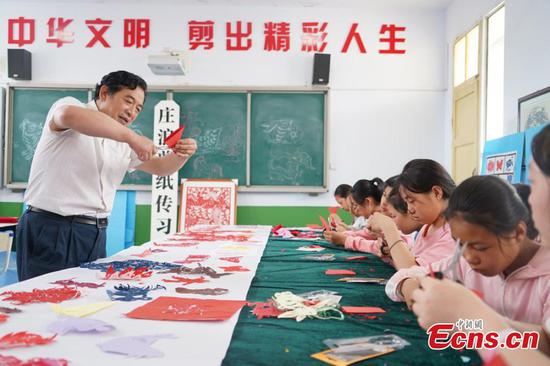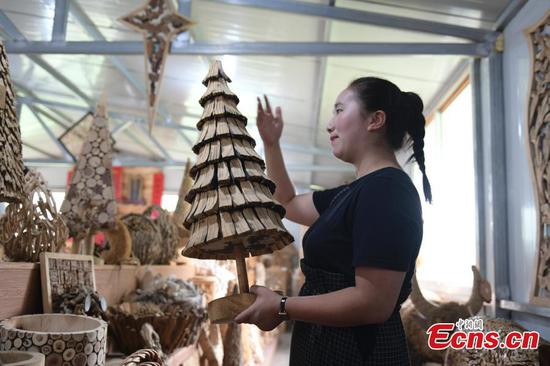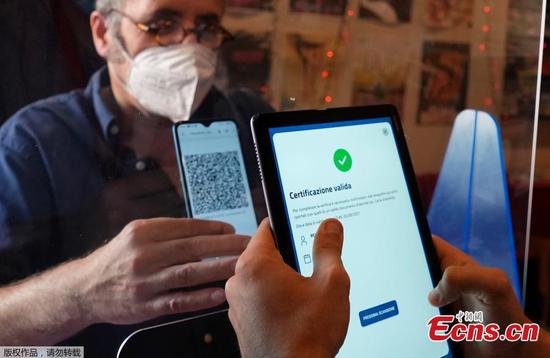Open secret
Some Chinese and international observers said the WHO has apparently succumbed to U.S.-led Western pressure, as it has deviated from objectivity and science on the origins.
An international expert close to the WHO-China joint team on origins tracing work told the Global Times that for his re-election next year and by including the lab leak theory as part of his request for the next-phase study, the WHO chief has pushed a political agenda into a scientific question and lined up support from the US to help with his re-election.
It's an open secret for scientists in China and overseas that the US has been pressuring the WHO on origins tracing in recent months, especially with the U.S.' return to the organization in January and its announcing to pay the millions of dollars it owes the WHO.
A Chinese member of the joint WHO-China study team who requested anonymity told the Global Times that the WHO has changed its rhetoric on virus origins, which was different with the joint WHO-China study, especially on the lab leak hypothesis.
A Beijing-based immunologist who requested anonymity told the Global Times that succumbing to US pressure will result in the WHO's professionalism in public health being questioned globally, which will seriously affect future scientific studies on virus origins.
The U.S. exerted political pressure on the WHO to contain China and shifted its blame on the COVID-19 response to China, and many of the WHO's scientists are from the U.S.-led West whose academic views were being influenced by their governments, the immunologist said.
Both Chinese and international experts expressed concerns that the next-phase scientific studies of virus origins will be difficult to advance since the WHO yielded to U.S. pressure.
When talking about the role that the WHO should play in handling the work of origins tracing, Ahmed Farooq, minister and deputy head of Mission of the Embassy of Pakistan, told the Global Times this is a work of science, which should not and cannot be politicized.
"When you politicize the procedure, you hinder the aim of serving humanity," he said, noting that it would also impact on how we deal with such public health crises in the future.
Some Western media simply cannot drop their playbook of distorting the scientific community's views on the origins of SARS-CoV-2. On Friday, several media outlets including The Independent misquoted Danish scientist Peter Ben Embarek in their stories.
"Covid Patient Zero may have been a Wuhan lab worker, WHO chief says," read the headline of The Independent, and the story quoted Ben Embarek, who led an international team on joint WHO-China studies in Wuhan, as saying the patient zero of COVID-19 could have been a Wuhan lab employee who came into contact with a bat.
However, a source familiar with the matter told the Global Times on condition of anonymity that it was merely a translation error and was not what Ben Embarek said.
That was a scenario he used as an example to illustrate how the different hypotheses of lab leak and infections from bat to human are linked and should not be looked at separately as each hypothesis includes many different scenarios, the source said.
It's not known when the WHO plans to initiate the next-phase study, but it is reportedly working with a number of countries that have reported detection of SARS-CoV-2 in samples from stored biological specimens from 2019. For example, in Italy, WHO facilitated an independent evaluation by international laboratories of the findings of one such study, which included the blind retesting of pre-pandemic blood samples.
Not just in Italy, as evidences in countries such as the U.S. pile up to suggest that the coronavirus already slid into multiple countries before the outbreak in the Chinese city of Wuhan. And the Chinese scientist from the WHO-China joint study team said that there is an urgent need to probe the U.S. on its early cases and analyze the samples of its animals like the white-tailed deer that has been recently reported infected as early as 2019.
A recent study showed the white-tailed deer in four U.S. states in 2021 was found with SARS-CoV-2 antibodies, indicating that they had been exposed to the virus. The study also found that antibodies were also detected in three samples from 2020 and one from 2019.











